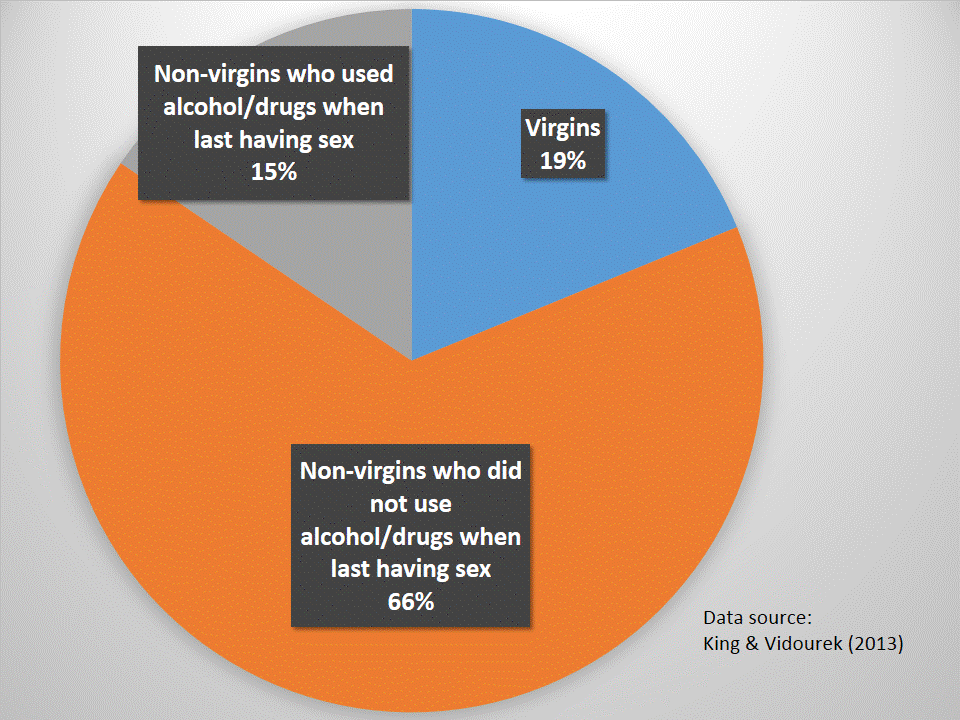A new study out in The Social Science Journal by Keith King and Rebecca Vidourek shows something that everybody already knows: Party kids are more likely than abstinent virgins to get tattoos. In a sample of 998 students from a Midwestern university (they don’t say which one), almost 30% had tattoos. Consistent with prior research (as well as Wedding Crashers), the inked kids were more likely to drink, smoke, and use drugs, and especially more likely to be sexually active than their non-inked classmates.
There are various other details, of course: Women were more likely to have tattoos than men; tattooed students used birth control more than non-tattooed kids, something that cuts against their reckless image; and so on. The study is also a good example of the folly of asking people why they do the things they do — turns out the major reasons people give for getting tattoos include super-illuminating things like it being fun.
Another point embedded in the data relates to media portrayals of college students. They’re all a bunch of promiscuous partiers, right?
Well, no. I constructed the accompanying chart from the data presented in the paper. It shows the relative size of groups from the sample, splitting them up by those who have had sex and those who are virgins, and, among those who have had sex, those who drank or used drugs the last time they had sex versus those who last had sex while stone-cold sober.
If you take the anecdotal methods of click-hungry journalism seriously, you might think that the majority of the sample would be in the partied-the-last-time-I-had-sex category and that very few would be virgins. In fact, these groups are close to the same size, with a slight lead for the virgins: 19% were virgins and 15% used alcohol or drugs the last time they had sex. The other two-thirds were in the too-boring-to-write-about middle — they had had sex before, but didn’t last have sex in the context of partying.
The important story missed by most articles about those crazy kids is the tremendous variation on campus when it comes to what the literature likes to call “risky behaviors.” In data I’ve collected over the years, I find that there’s generally about a fifth or a quarter of college kids who do extremely little by way of sex/drinking/drugs, balanced out by a similar-sized group made up of the kinds of students you’ll typically see profiled in stories — regular weekend drinkers who have had a number of hook-up partners.
So, you know, don’t believe the hype and all that. But also, keep your eye on the big theme, which is the impressive diversity of modern lifestyle patterns.
The study: King, K. A., & Vidourek, R. A. Getting inked: Tattoo and risky behavioral involvement among university students. The Social Science Journal (2013), http://dx.doi.org/10.1016/j.soscij.2013.09.009

